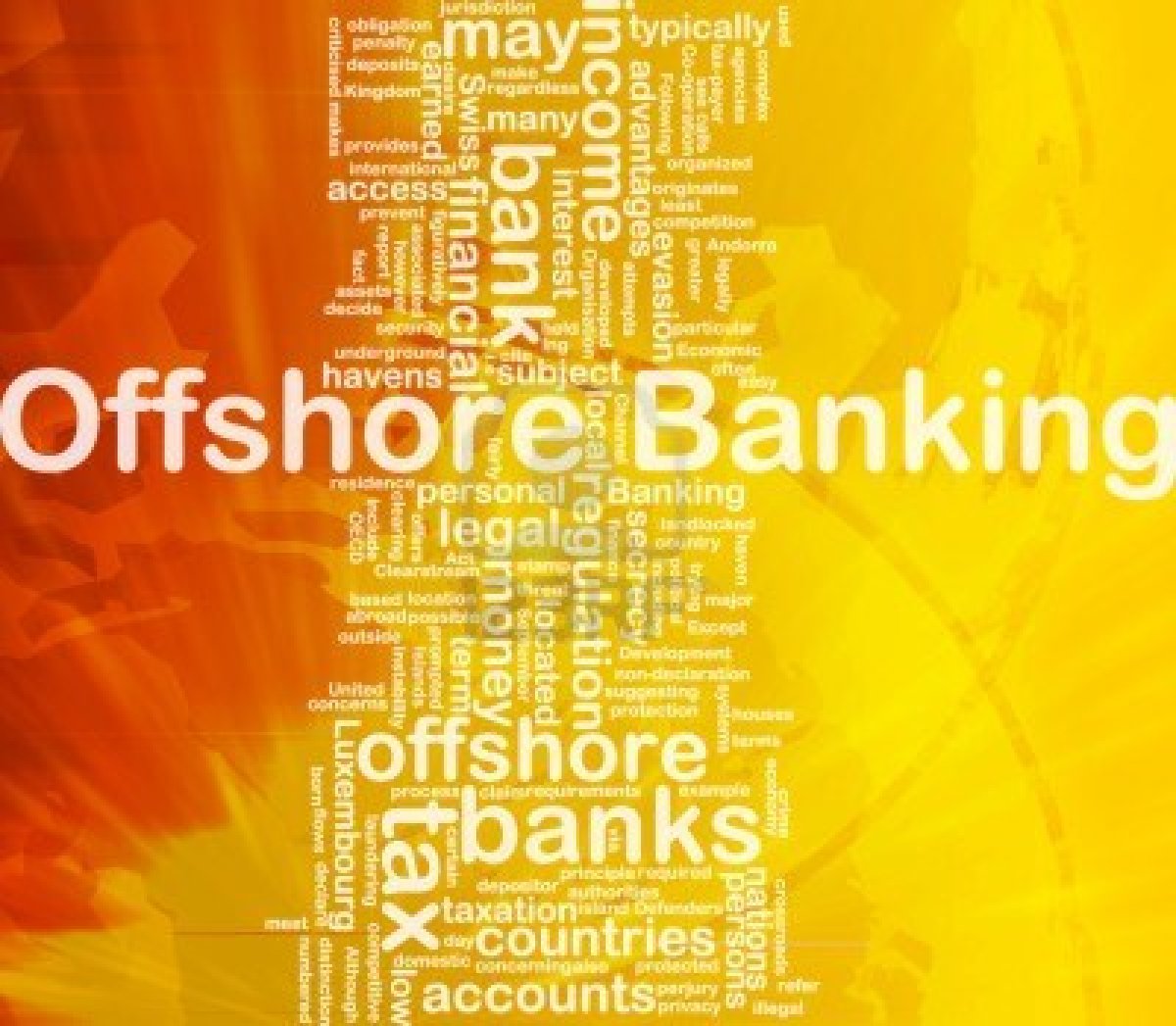Offshore Banking Services That Offer Superior Security and Opportunities in Global Markets.
Offshore Banking: A Smart Option for Expanding Your Properties
Offshore banking provides a nuanced technique to asset diversification, providing individuals a way to browse the intricacies of global finance. By establishing accounts in international territories, one can not just gain access to a broader variety of investment choices but additionally tactically place possessions to shield them from domestic economic susceptabilities. Nonetheless, the effects of such decisions prolong beyond mere financial safety and security; they intertwine with tax obligation factors to consider and governing structures that necessitate mindful examination. As we check out these facets, the inquiry arises: what are the vital factors to think about when picking an offshore financial solution?

Recognizing Offshore Financial
Although overseas financial is usually related to wealth administration and tax obligation optimization, it fundamentally describes the technique of holding an account or investing in a financial institution situated outside one's country of residence. This method allows people and organizations to access a variety of financial solutions that might not be readily available locally. Offshore financial institutions are normally developed in jurisdictions with desirable regulatory environments, supplying improved personal privacy and security for account owners.
The concept of offshore financial can encompass various economic items, including financial savings accounts, investment accounts, and even funding centers, all developed to satisfy international clients. Offshore financial institutions commonly supply solutions in multiple currencies, making it possible for customers to handle their assets more properly in a globalized economic climate.
In addition, the governing structure regulating overseas banking differs substantially from one territory to one more, frequently identified by reduced conformity standards and better confidentiality for account holders. While overseas banking can be a legitimate financial approach, it is necessary for people and organizations to comprehend the legal effects and duties related to maintaining accounts abroad. Understanding of local regulations and worldwide agreements is crucial for guaranteeing conformity and avoiding prospective risks.
Advantages of Offshore Accounts

In addition, overseas accounts commonly give access to a broader selection of financial investment possibilities that might not be offered domestically. offshore banking. These accounts can consist of a variety of financial tools, such as international supplies, bonds, and shared funds, enabling account holders to tailor their investment approaches according to their danger tolerance and economic goals
Another considerable advantage is the capacity for tax optimization. While tax policies differ by territory, some overseas accounts may use favorable tax treatment, allowing people and companies to improve their after-tax returns legitimately.
Furthermore, offshore banking organizations commonly use sophisticated privacy procedures, safeguarding account owners' economic details. This added layer of confidentiality can be attracting those seeking discretion in their monetary events. In general, the advantages of overseas accounts contribute to even more robust monetary preparation and monitoring approaches.
Property Defense Approaches
One efficient technique to guarding wide range includes implementing robust asset protection strategies. These strategies are important for individuals looking for to protect their possessions from prospective threats such as suits, lenders, or economic instability.

Incorporating restricted obligation entities, such as overseas companies or limited liability firms (LLCs), can additionally provide a protective layer. These structures aid protect individual properties from business liabilities, guaranteeing that personal riches continues to be safe and secure in the occasion of business-related lawful concerns.
Additionally, expanding investments across different property courses and geographical places can reduce threat. This strategy minimizes direct exposure to any kind of single financial decline, boosting total financial stability. offshore banking. By utilizing these possession security techniques, people can properly guard their wide range, guaranteeing it remains intact for future generations while navigating potential financial challenges
Tax Obligation Benefits and Factors To Consider
Implementing reliable property security techniques often leads people to take into consideration the tax obligation advantages linked with overseas banking. By opening up an overseas account, customers might benefit from favorable tax programs offered by particular territories. Numerous nations provide tax obligation rewards, including reduced or absolutely no tax on interest internet and resources gains, which can substantially enhance wide range accumulation.
In addition, offshore financial can facilitate tax-efficient spending through varied asset classes and money, enabling account owners to enhance their profiles. It is critical to understand that while some overseas territories provide tax advantages, conformity with global tax regulations, including the Foreign Account Tax Obligation Conformity Act (FATCA), is necessary. Failure to report offshore accounts can lead to extreme charges.
Furthermore, the assumption of overseas financial as a tax evasion technique can Visit Website lead to reputational risks. Inevitably, while overseas banking can offer considerable tax obligation benefits, cautious planning and adherence to laws are vital to enjoying these rewards sensibly.
Picking the Right Offshore Bank
Choosing the right overseas financial institution is a critical decision that can dramatically affect your financial strategy and property security. When taking into consideration an offshore banking organization, it is important to assess several vital elements, consisting of the bank's credibility, governing atmosphere, and the solutions used.
First, conduct thorough research study on the bank's standing in the market. Look for organizations with a tested performance history of stability and safety and security. Regulatory conformity is an additional important facet; guarantee the financial institution follows international requirements and operates within a respectable territory.
In addition, assess the array of services offered. Some banks might specialize in wide range management, while others concentrate on offering standard banking solutions. Consider your individual or company demands and pick a bank that straightens with your financial objectives.
An additional critical variable is availability. Explore the ease of communication with the bank, consisting of language support and client service schedule. Take into consideration the costs associated with account upkeep and purchases, as these can differ dramatically in between establishments.
Conclusion
Finally, offshore banking presents a viable method for possession diversification, using countless benefits such as enhanced This Site financial safety and security and access to a wider variety of investment chances. The consolidation of effective possession defense approaches and possible tax obligation advantages further highlights the allure of overseas accounts. Cautious selection of the appropriate overseas bank is essential to optimize these advantages. In general, overseas financial functions as a prudent strategy to riches monitoring in a progressively interconnected worldwide economy.